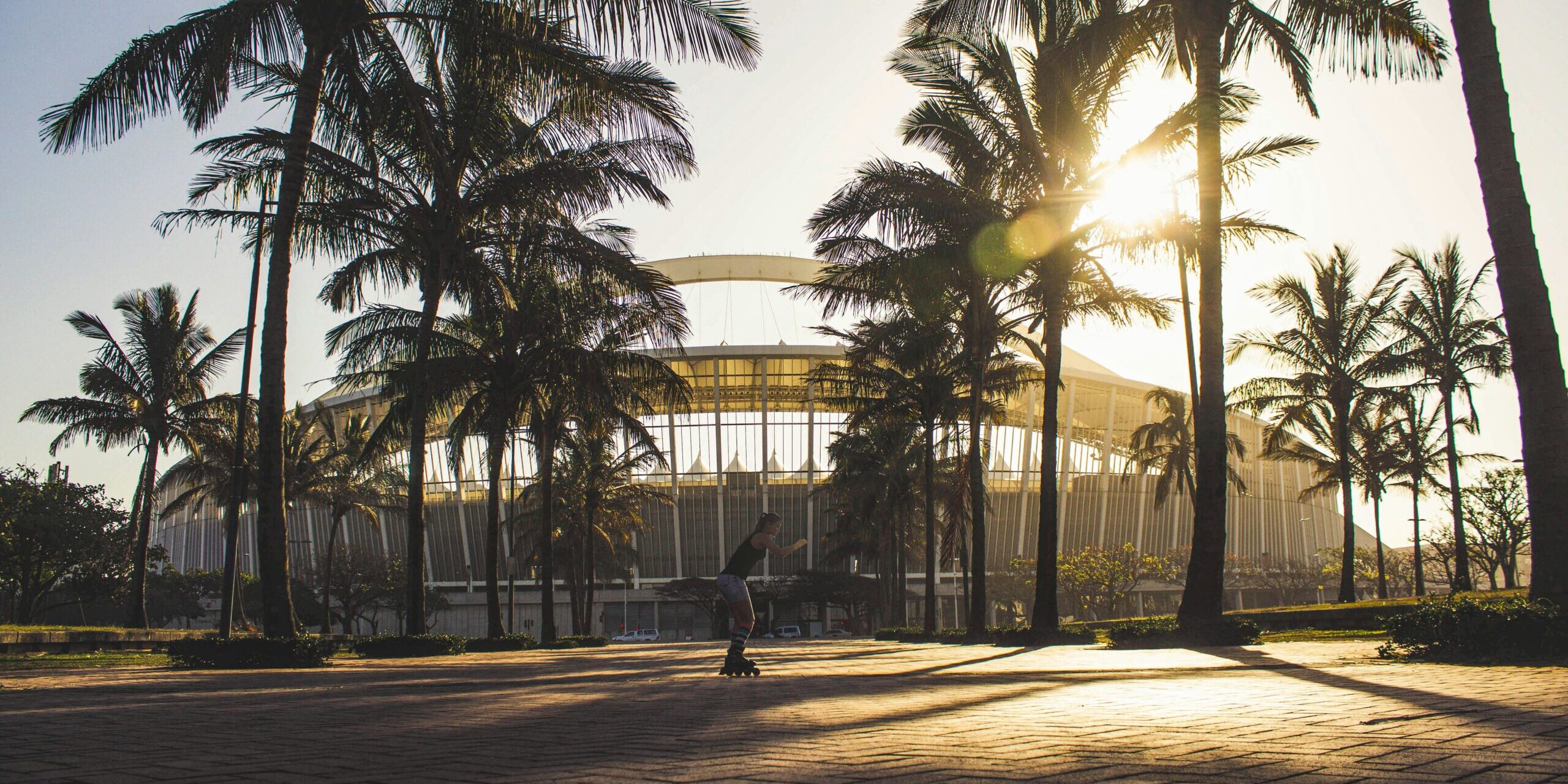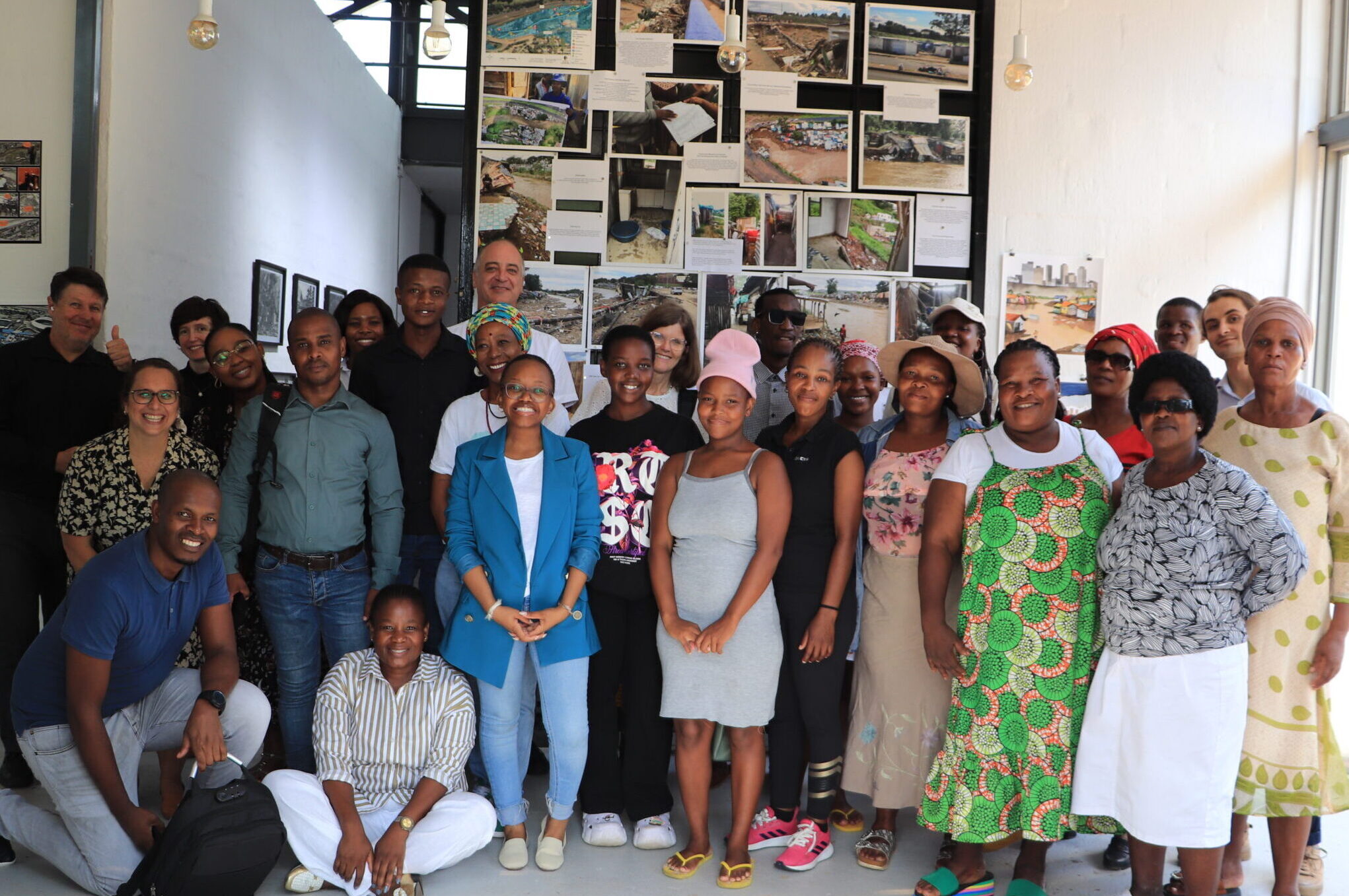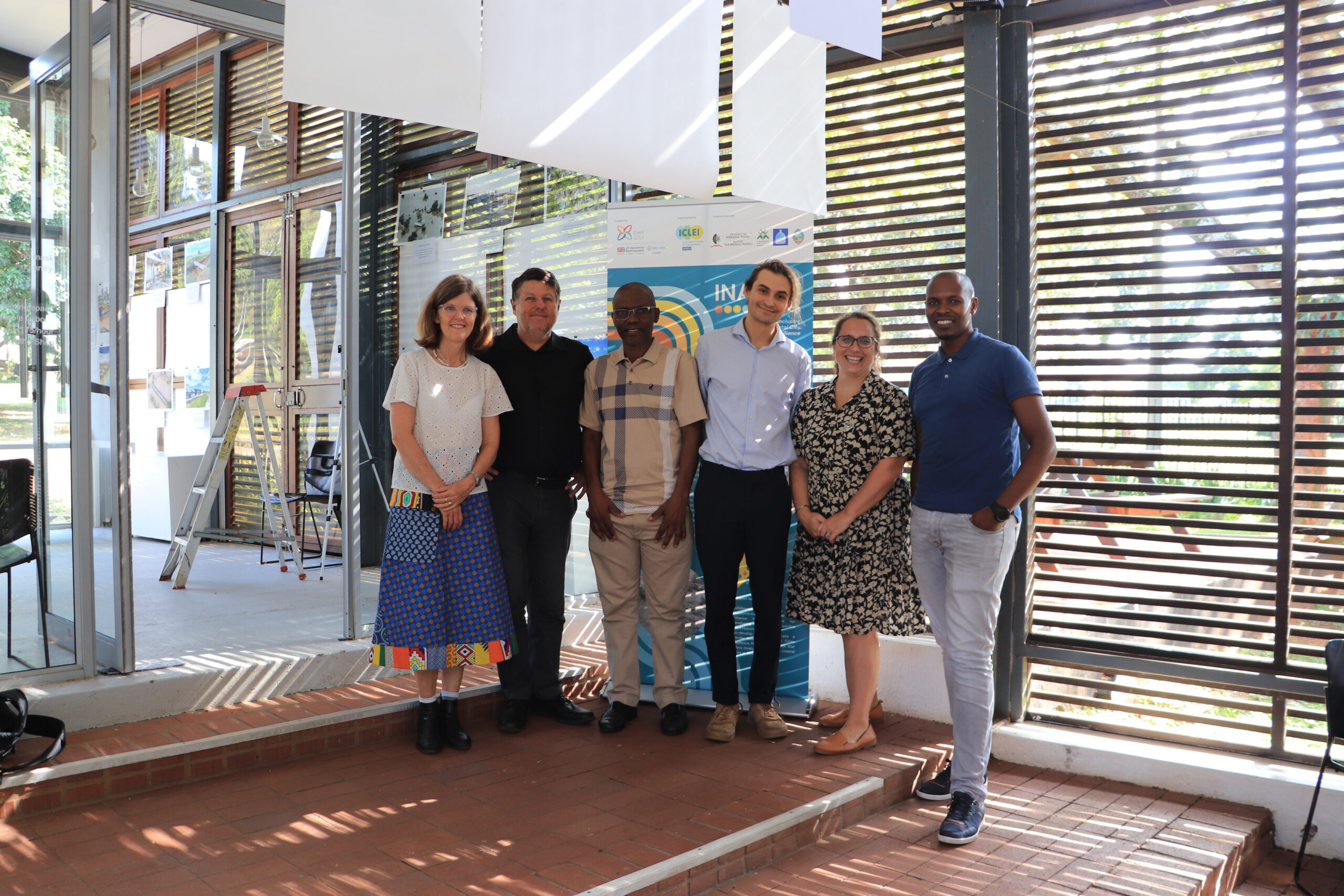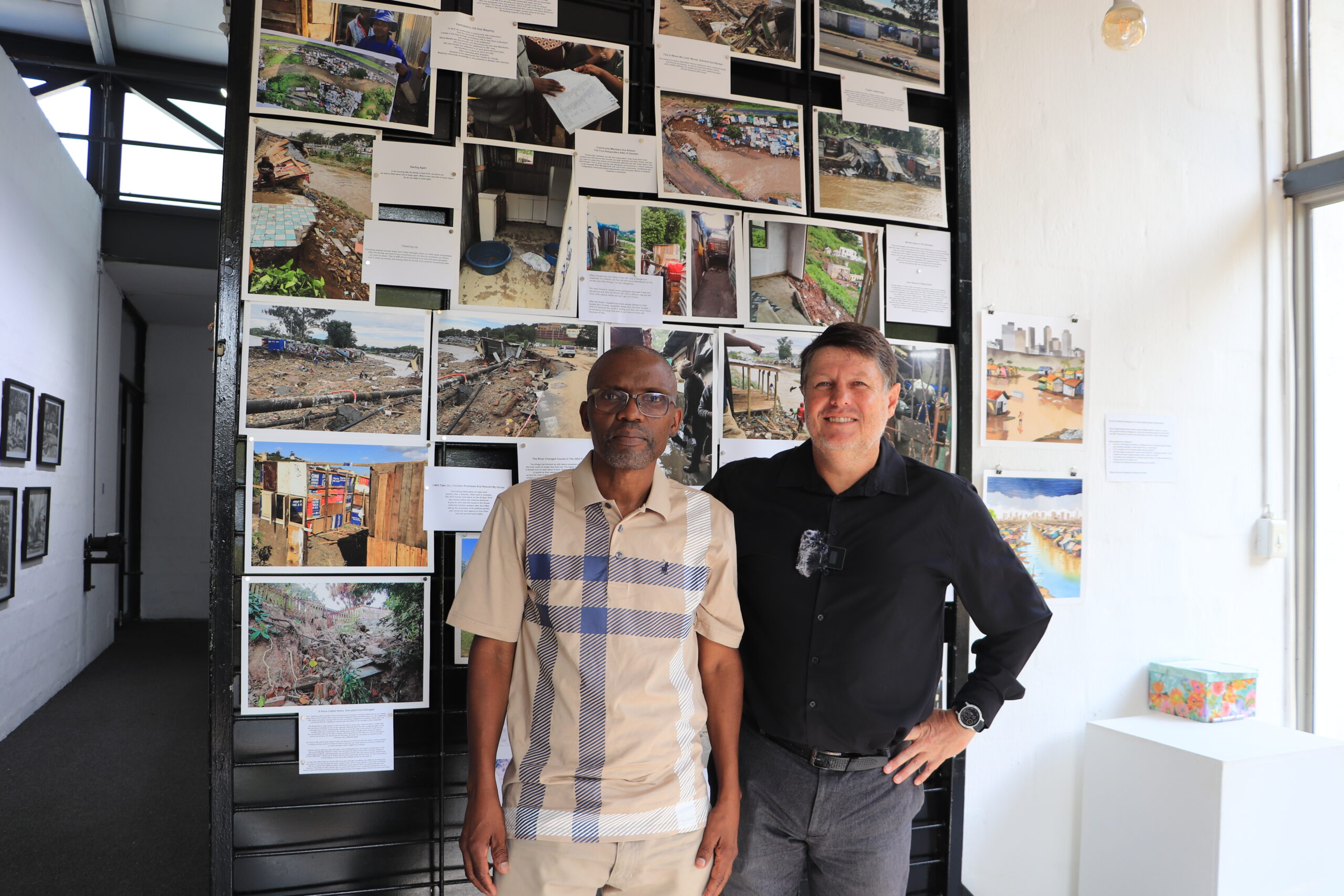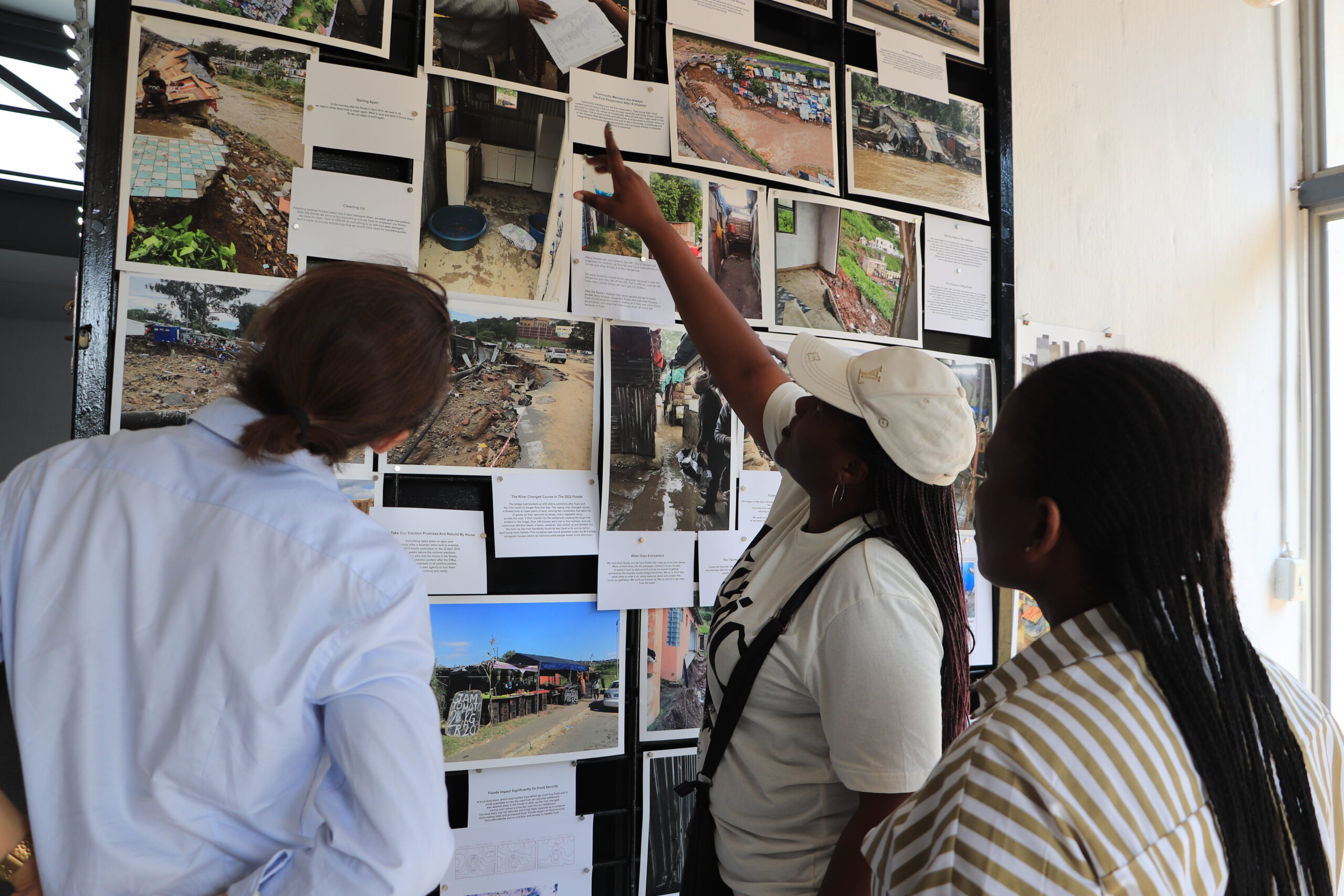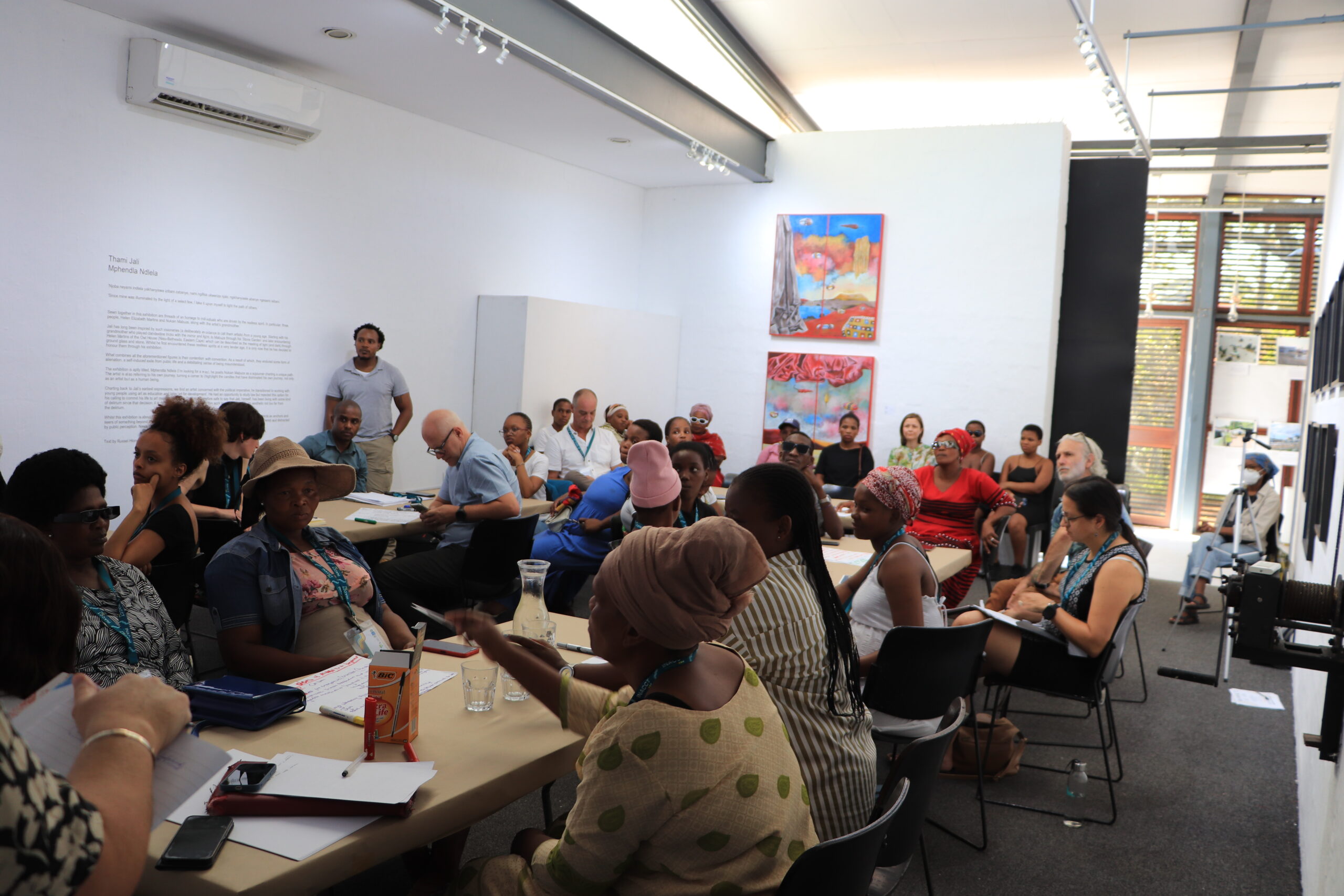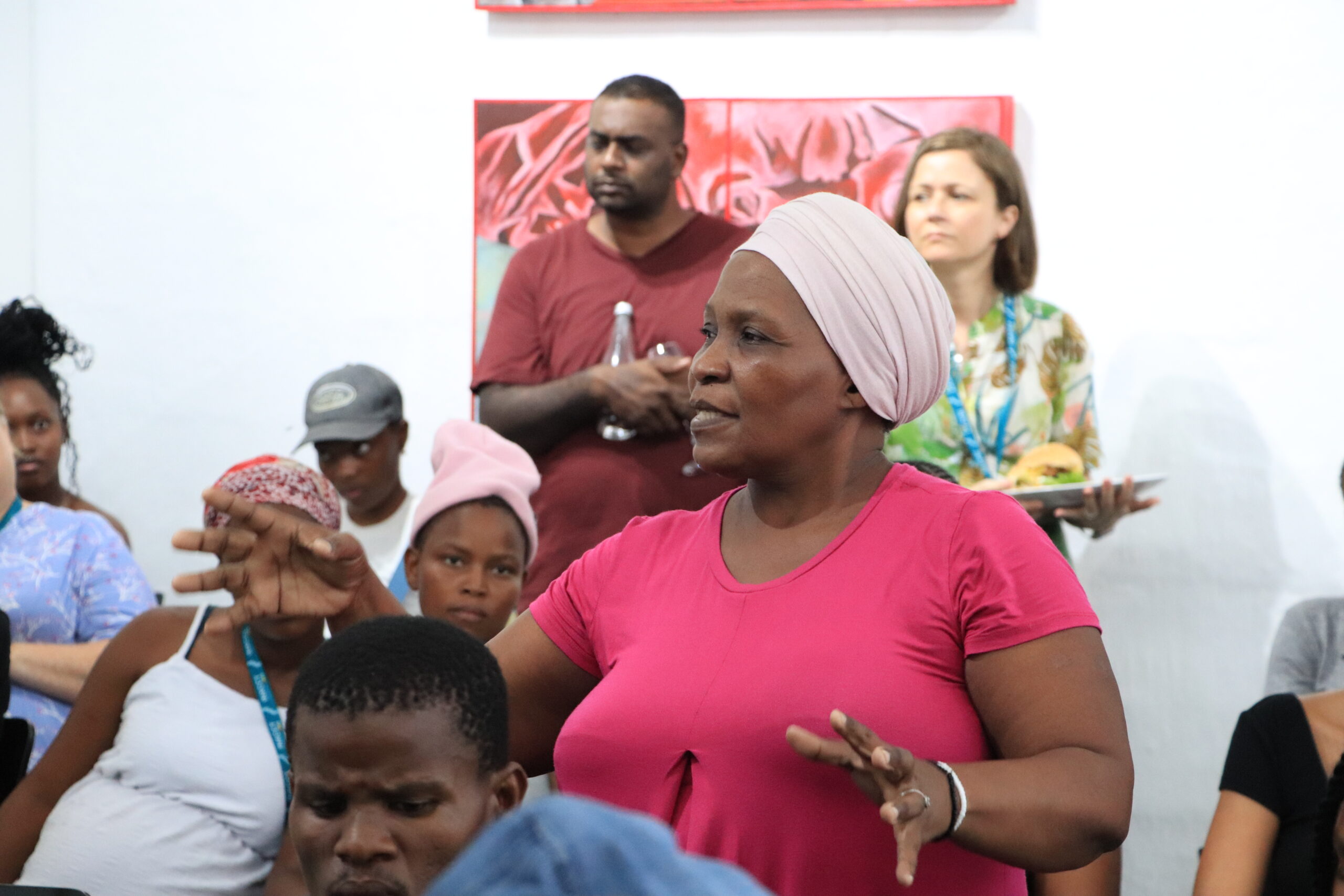27 May 2024
eThekwini: Navigating the waves of sustainability and resilience

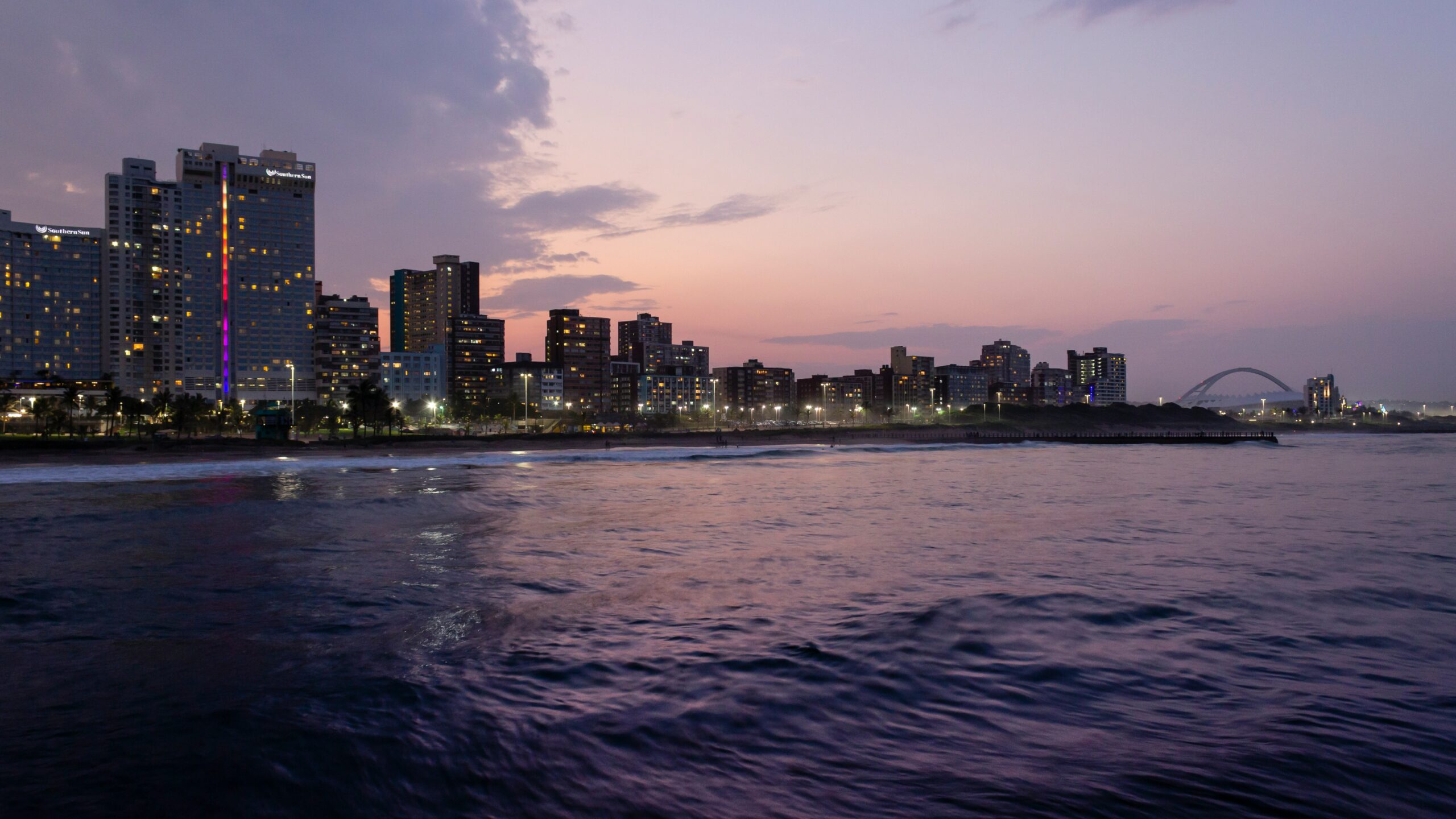

Along South Africa’s vibrant eastern coastline, eThekwini Metropolitan Municipality, which encompasses the city of Durban - home to the largest port on the east coast of Africa - is pioneering urban sustainability amidst the challenges of rapid urbanisation and climate change.
Climate vulnerability and commitment to resilience
eThekwini, the third largest metropolitan municipality in South Africa, boasts a rich tapestry of biodiversity – comprising of over 2 000 plant species, 97 km of coastline, 18 rivers, 16 estuaries, and 4 000 km of river shoreline, supporting a high number of endemic plant and animal species. With sustainability being one of its core values, the municipality is committed to preserving the many biodiverse spaces that can be found throughout.
Despite its ecological splendour, the municipality is faced with developmental pressures, such as the encroachment on natural habitats and the proliferation of informal settlements, as well as an increase in industrial pollution affecting its waterways.
As noted in the 2023 Annual Climate Summary Report, coastal cities such as eThekwini are particularly vulnerable to the impacts of climate change – with sea-level rise and an increase in the intensity and frequency of storm surges threatening communities and infrastructure.
As one of ICLEI’s most long standing Members, eThekwini is committed to sustainable development and climate resilient solutions.
“In the face of climate change, eThekwini stands firm in its vision to become Africa’s most caring and liveable city by 2030,” says Executive Mayor Mxolisi Kaunda. “Our sustainability initiatives reflect our holistic approach, balancing environmental, economic, and social dimensions for a better future.”
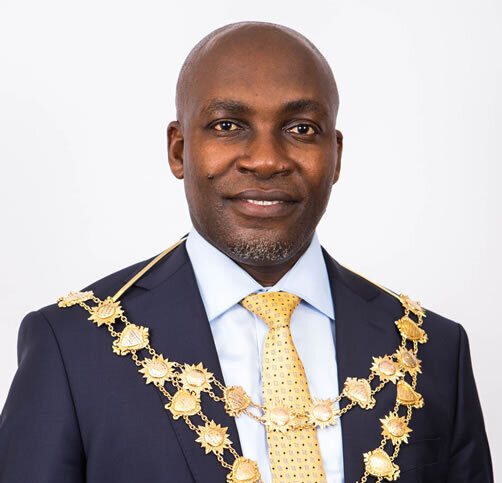
Integrated approaches to sustainability and collaboration
eThekwini’s sustainability initiatives encompass diverse sectors, including urban planning, waste management, and social and economic development – reflecting a holistic approach that balances environmental, economic and social dimensions.
The municipality’s recognition through winning the 2014 Stockholm Industry Water Award, reflects its dedication to improving water and sanitation services – essential for fostering resilient communities.
Together with its Members, ICLEI tackles resilience in an holistic way – evident in the Designing Inclusive African Coastal City Resilience (INACCT Resilience) research project. The project was launched in July 2023 and is funded by the Climate Adaptation and Resilience (CLARE) initiative. ICLEI Africa implements the project in partnership with eThekwini Municipality, the University of KwaZulu-Natal, the University of Eduardo Mondlane, and Beira Municipality. INACCT Resilience focuses on the realities of thousands of African people whose lives have been devastated by the impacts of extreme events such as intense flooding, and aims to co-create climate-resilient solutions and promote inclusivity by amplifying the voices of marginalised communities.
For more information on INACCT Resilience, follow this link.
Engagements with global initiatives such as the Google Environmental Insights Explorer (EIE), and the Future Resilience for African Cities and Lands (FRACTAL) project, further demonstrate eThekwini’s commitment to leveraging cutting-edge tools and knowledge to enhance climate resilience. Read more about eThekwini’s FRACTAL impact story here.
As ICLEI Africa partners with eThekwini on these innovative projects, our collective efforts aim to create a future where African cities are defined by resilience and inclusivity.
Some photos from INACCT’s recent learning lab and exhibition held at the KwaZulu-Natal Society of the Arts in Durban
“In our partnership with ICLEI and other stakeholders, eThekwini demonstrates the essence of collective action. Together, we hope to empower African cities as strongholds of resilience, capable of confronting 21st-century challenges head-on,” says Sean O’Donoghue, Senior Manager: Climate Change Adaptation Branch.
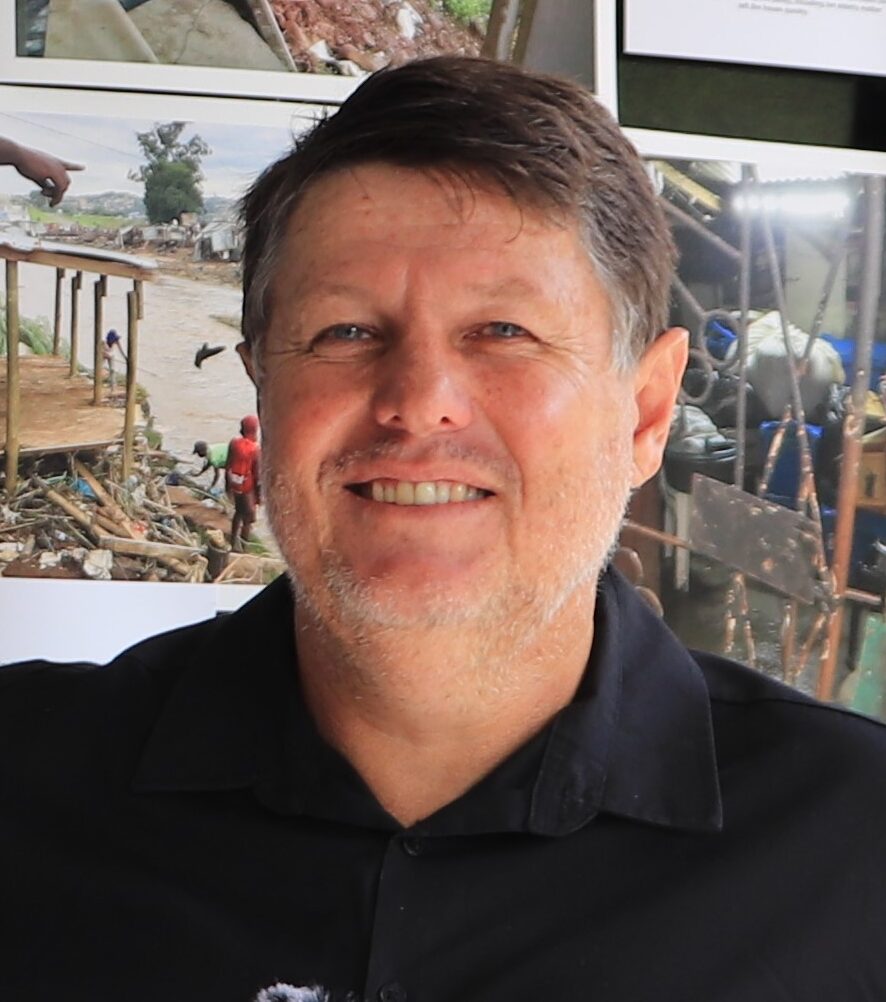
Global engagements and advocacy
eThekwini’s sustainability leadership extends beyond its borders, with Executive Mayor Mxolisi Kaunda’s membership in the Advisory Committee on Local Governments and Biodiversity of the Convention on Biological Diversity (CBD) since April 2023 – highlighting the municipality’s advocacy for subnational engagement in biodiversity conservation. The Committee also coordinates the contribution and participation of local governments in processes under the Convention and provides advice to, and a platform of dialogue with, the Executive Secretary and the Secretariat of the CBD. To further illustrate the city’s commitment to taking action for nature and tracking their progress towards achieving biodiversity and ecosystem restoration goals and targets, eThekwini signed up to CitiesWithNature, along with more than 315 cities and regions from more than 75 countries taking action for nature.
Hosting the United Nations Framework Convention on Climate Change (UNFCCC) Conference of the Parties (COP17) in 2011 was a landmark event for eThekwini, culminating in the launch and adoption of the Durban Adaptation Charter (DAC) – whose Secretariat was hosted by eThekwini – and reaffirmed the municipality’s pivotal role in global climate action. The DAC was one of the major milestones for ICLEI and local governments worldwide. It committed local governments to local climate action, ensuring that they help their communities to respond to and cope with climate change risks, thereby reducing vulnerability.
Community engagement and inclusivity
eThekwini recognises the importance of inclusive resilience planning – emphasising the participation of women, youth and marginalised communities. Moreover, education and capacity building initiatives are crucial to fostering climate resilience awareness among all community members – ensuring collective action towards a more resilient future.
As eThekwini continues its longstanding partnership with ICLEI and other stakeholders, it strives to pave the way for a future where African cities stand as resilient and inclusive strongholds – better able to meet the challenges of the 21st century.
Its sustainability journey reflects a deep-seated belief in the power of integrated, inclusive approaches to overcome the multifaceted challenges of climate change. As the municipality strides towards its vision for 2030, its story inspires not only other African cities, but urban centres worldwide – showcasing the transformative power of unity, innovation and resilience in crafting sustainable urban futures.
